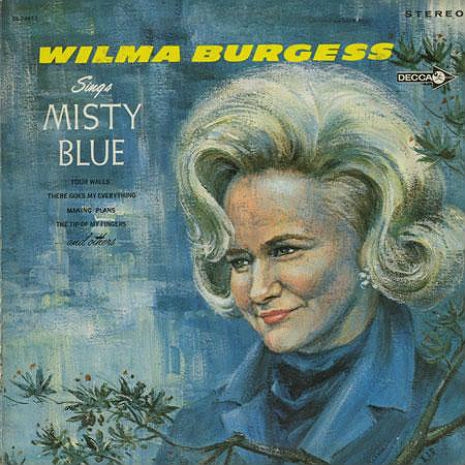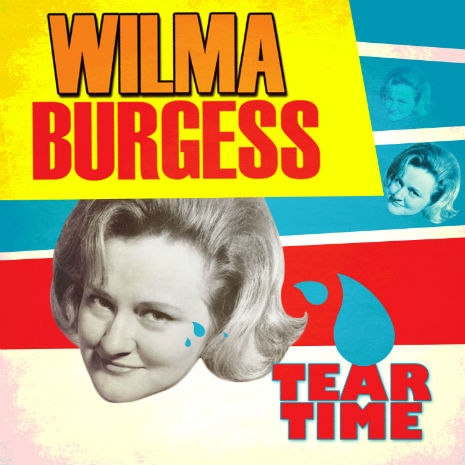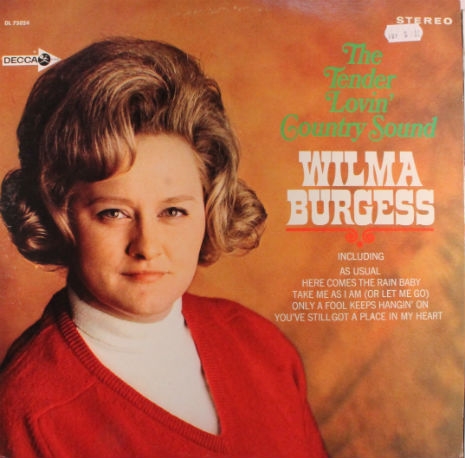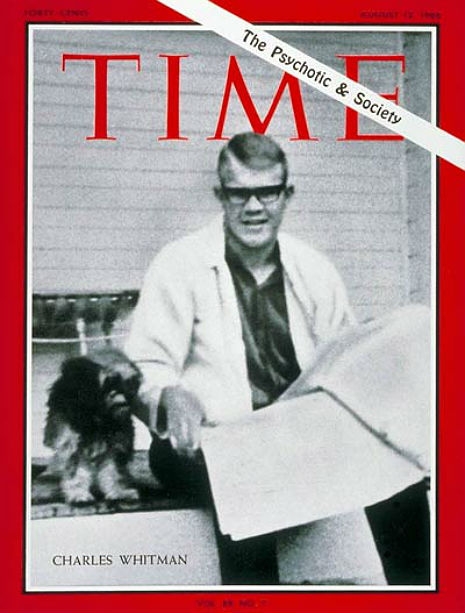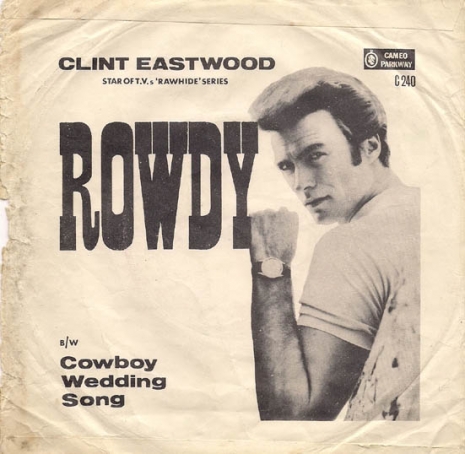
Clint Eastwood pictured on the sleeve of his 1962 single for “Rowdy” and “Cowboy Wedding Song.”
“He will never make big as a singer.”
—Lyricist and record producer Kal Mann on Clint Eastwood’s prospects as a singer in the early 60s.
Well, Kal Mann—who wrote songs for Elvis Presley and Chubby Checker—wasn’t exactly wrong, but Clint Eastwood didn’t care. In fact, twenty-plus years after Mann declared Clint’s musical career was a pipe dream, he and Merle Haggard would occupy the number one spot on the Hot Country Singles chart with “Bar Room Buddies” in 1980. Eastwood’s love of music is well documented and, in addition to his many other talents, he is an decent pianist. In all, Eastwood’s musical career spans nearly five decades dating back to 1959 when Eastwood landed the role of Rowdy Yates on the television series Rawhide. There are several occurrences of Eastwood singing on various episodes of Rawhide, and the actor would leverage this experience and record his first EP in 1961 containing two singles put out by Hollywood record label Gothic; “For All We Know,” and “Unknown Girl of My Dreams.”
Eastwood was not a bad singer—but his baritone vocals and style were rather unremarkable within the country genre. Eastwood’s material was pop, but crafted towards a more country & western kind of swing, keeping in line with Eastwood’s Rowdy Yates character in Rawhide.
Eastwood would continue to tap into his success as the star of one of the longest-running TV westerns programs by finally putting out a full-length album 1963 strategically titled, Rawhide’s Clint Eastwood Sings Cowboy Favorites. Clocking in at under 30 minutes, the album contains mostly standards including “Don’t Fence Me In” written by Cole Porter and Robert Fletcher (and first popularized by Gene Autry). It’s not without its charm as at times Eastwood sounds like he is channeling Bing Crosby and his version of “Don’t Fence Me In” from 1944. Posted below is an assortment of audio from Eastwood’s early recordings—others can be found online. CD’s of Clint’s musical contributions are easily found on eBay should you want to add some Clint to your music collection. (PS: you should want to.)
Clint Eastwood sings, after the jump…






